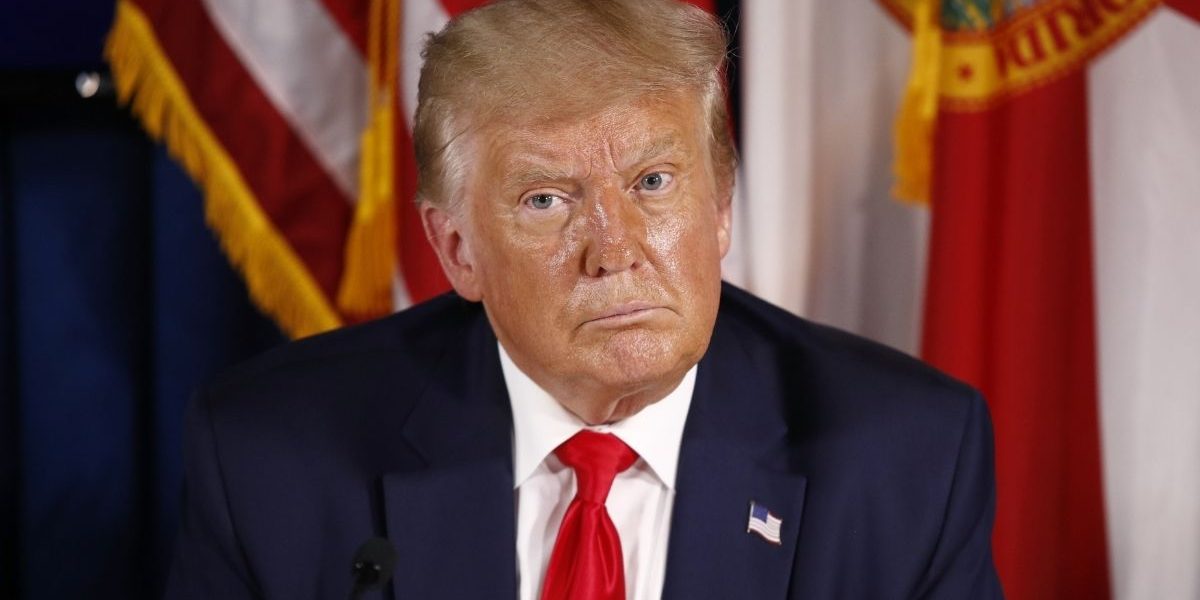Trump’s defense team leaves just before trial

Just over a week before the start of his second impeachment trial, former President Donald Trump’s entire legal team has walked away. What already promised to be an unpredictable and unprecedented show on the Senate floor just got even messier, as it appears that Trump will insist on repeating the same dangerous lie that sparked the Capitol riot — that the election was stolen from him — and led to his (second) impeachment in the first place.
The mass resignations of all five of Trump’s lawyers show us something has gone terribly wrong on the defense team. And these lawyers were no hacks — several of them are Justice Department alums, and the (former) lead attorney, Butch Bowers, was a government ethics specialist. They would not abandon a client this close to trial without darn good reason.
Any defense attorney holds a broad obligation to represent his or her client zealously. That’s a crucial part of our adversarial justice system. But there are limits on what a defense attorney can argue. For example, per the American Bar Association, it would be unethical for any attorney to raise an argument “that he knows to be false.” The “rigged election” narrative certainly fits that description.
It’s telling that the source of the falling-out between Trump and his (former) lawyers was his insistence that they raise the “stolen election” defense. Trump’s defenders certainly could have argued in good faith and within ethical boundaries that it is unconstitutional to hold an impeachment trial for a former president, or that Trump’s actions were protected political speech under the First Amendment. I disagree with both of these arguments on the merits, but Trump and his attorneys certainly would have been within their rights to make these claims before the Senate. But the “stolen election” argument crosses a line.
What happens next? One, Trump could find a new legal team. Time is absurdly short; typically, even in a routine criminal trial, the legal teams would be in endgame crunch-time mode by now never mind for a historic impeachment proceeding. But whoever does take on this representation should understand that, if he actually raises the “stolen election” defense, he does so at his own professional and reputational risk. The “stolen election” lie fueled the Capitol insurrection on January 6 and repeating it now from the well of the Senate only threatens to provoke more unrest.
Trump also could choose to represent himself. This is extremely unlikely but legally possible. Criminal defendants can and at times do elect to represent themselves — it’s called “pro se,” in the Latin legalese and there’s no technical reason Trump can’t do the same at impeachment. But do not count on this happening.
Or Trump could elect not to defend himself at all. There is nothing in the law that requires a person facing impeachment to have any legal representation. Trump could, in essence, choose to sit this one out, and to rely on Republican senators to make the case for him on the floor. Given last week’s vote by 45 senators to consider a motion on the constitutionality of trying a former president — which signaled, but did not necessarily lock-in, support for Trump by those who voted to hear the motion (more on this below) — Trump might choose to sit back and hope that at least 34 of those senators vote to acquit. Convicting an impeached official requires a two-thirds vote of the Senate.
We are, once again, in uncharted territory with Trump. His stubborn insistence on continuing to promote the dangerous election fraud lie caused the Capitol insurrection has now cost him his legal team. And if he continues to press that lie, it could cost him and the country even more



